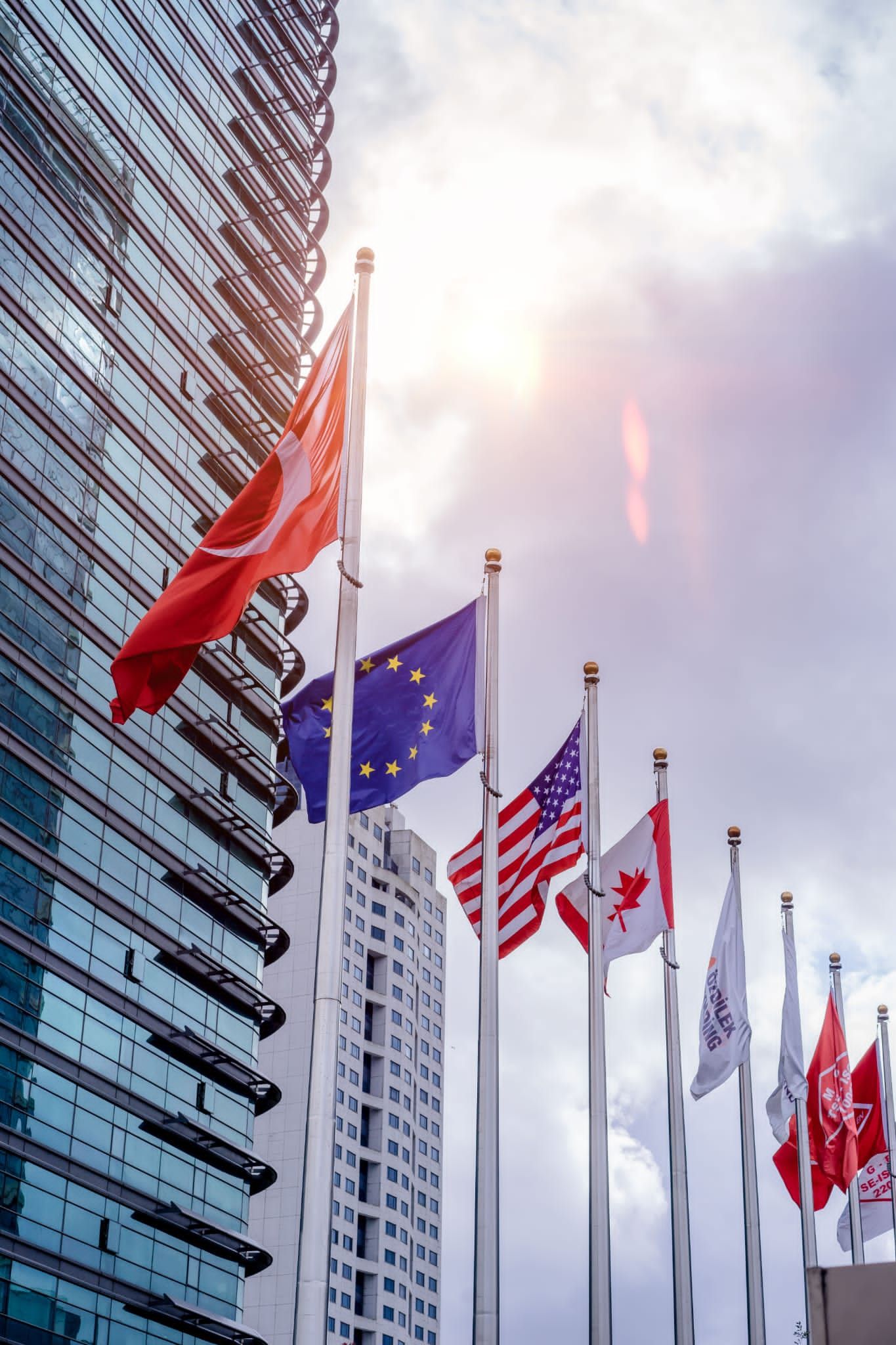Mutual legal treaties are an essential aspect of international law that lawyers should be aware of. These agreements allow for cooperation between countries in various legal matters, including the sharing of evidence and information, extradition of suspects, and the enforcement of judgments.
Mutual legal treaties can be bilateral or multilateral, and they are generally aimed at promoting legal and judicial cooperation between countries. Lawyers who practice in international law, criminal law, or any other area that involves cross-border issues, must be familiar with the mutual legal treaties that exist between the countries they work with.
One of the most well-known mutual legal treaties is the Mutual Legal Assistance Treaty (MLAT). This treaty allows countries to cooperate in the investigation and prosecution of criminal offenses. The MLAT provides a legal framework for the sharing of evidence and information, including witness statements, financial records, and other relevant documents. The MLAT also allows for the extradition of suspects who are wanted for criminal offenses in one country but are located in another.
Another important mutual legal treaty is the Hague Convention on Civil Procedure. This treaty governs the service of process, taking of evidence, and recognition and enforcement of judgments in civil and commercial matters between countries. The Hague Convention provides a standard set of procedures for these matters, ensuring that they are handled fairly and efficiently.
The United Nations Convention against Corruption (UNCAC) is another essential mutual legal treaty that lawyers should be aware of. The UNCAC aims to promote international cooperation in the prevention and prosecution of corrupt activities, including bribery, embezzlement, and money laundering. The treaty provides a legal framework for countries to work together to investigate and prosecute these offenses, as well as to recover assets that have been obtained through corrupt activities.
Other mutual legal treaties that lawyers should be familiar with include the Inter-American Convention on Mutual Assistance in Criminal Matters, the European Convention on Mutual Assistance in Criminal Matters, and the ASEAN Mutual Legal Assistance Treaty.
Following organizations that work on matters involving mutual legal treaties can help you to stay updated on developments in international law and have access to resources and assistance.
One such organization is the International Criminal Police Organization (INTERPOL). INTERPOL is a global police organization that provides support and assistance to law enforcement agencies around the world. INTERPOL operates a range of databases, including databases on wanted persons, stolen and lost travel documents, and stolen vehicles. The organization also provides training and expertise in areas such as cybercrime, terrorism, and organized crime.
Another important organization is the United Nations Office on Drugs and Crime (UNODC). The UNODC is responsible for promoting international cooperation in the areas of drug control, crime prevention, and criminal justice. The organization provides technical assistance to countries in these areas and supports the implementation of international legal instruments, including mutual legal treaties.
The International Bar Association (IBA) is another organization that lawyers should be aware of. The IBA is a global association of lawyers and law firms that provides support and networking opportunities for legal professionals. The organization also publishes research and provides training in various areas of international law, including mutual legal assistance.
The International Association of Prosecutors (IAP) is another organization that works on matters involving mutual legal treaties. The IAP is a global organization that represents prosecutors around the world and promotes cooperation and best practices in the prosecution of crimes. The organization provides training and resources to prosecutors and advocates for the implementation of international legal instruments, including mutual legal treaties.
All of these organizations provide valuable resources and support to lawyers and law enforcement agencies, and can help to ensure that justice is served in cross-border cases.

